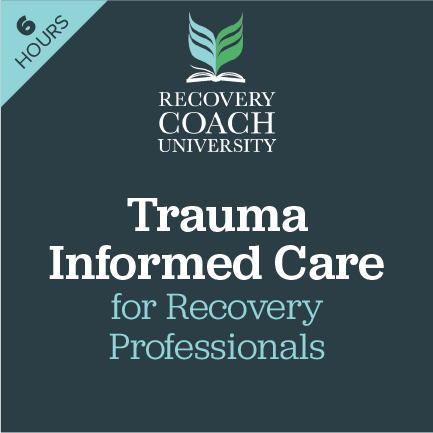An OASAS - ITTIC Curriculum Collaboration: “Trauma 101”
Please Note: 2025 Training Price Increase to help cover the rising cost of virtual delivery infrastructure ~10%: $195
Cost: $195/person
June 2025
June 25
9:00-4:00 (EST)
August 2025
August 15
9:00-4:00 (EST)
6 Hr. Trauma Informed Care for Recovery Professionals
We need to stop asking: “What is wrong with this person?”
〰️
and begin asking: “What has happened to this person?”
〰️
We need to stop asking: “What is wrong with this person?” 〰️ and begin asking: “What has happened to this person?” 〰️
“This course should be mandatory for every recovery coach and every health-care provider.”
It is a well known fact that a significant percentage of persons with Substance Use Disorder also report a history with trauma. Peer Recovery Professionals are often on the front line of interacting with individuals whose past traumas can easily be triggered absent an intentional and empathetic approach by the caregiver.
Course Description:
In this 6 Hr. Trauma Informed Recovery Coach Workshop, peers and recovery coaches will learn to intentionally create a supportive coaching environment and experience that begins with safety, trust and empathy. They will learn how to have a positive impact by:
• Being informed about trauma and strive to avoid re-traumatization
• Being sensitive to trauma-related issues present in survivors and communities
• Referring to trauma specific-services/treatments
Learning Objectives:
1. Participants will learn to define trauma and the different types of trauma.
2. Participants will begin to look at trauma through the lens of their world view and their work role.
3. Participants will develop an understanding of Adverse Childhood Experiences (ACE)
4. Participants will develop an understanding of how trauma and adversity impacts individuals and its relationship to SUD and Addiction
5. Using a case study identify symptoms of trauma that may indicate a trauma history.
6. Participants will be able to define re-traumatization and how it occurs
7. Participants will recognize potential signs of re-traumatization
8. Participants will be able to identify the trauma informed paradigm shift and the 5 values and principles of trauma informed care
9. Participants will identify the positive and negative this work on themselves and other staff.
10. Participants will identify the importance of self-care within a Trauma Informed Approach.
11. Participants will access their current self-care practices and commit to doing one or more of them after the training.
This RCU Zoom/Virtual Training is approved through 12/2025 by NYCB for CARC Elective and CRPA and CARC Renewal Hours. It is also approved by ASAP NYS for Social Work CE’s and by OASAS for CASAC, CPP and CPS Renewal CE’s.
Participants must have access to both audio and video connection preferably via laptop/computer.
Facilitated by Sandy Rivers, MA, Master CASAC, Member-MINT (Motivational Interviewing Network of Trainers)
Sandy is a member of the NYCB Trainer Registry.
“I enjoyed the class it was very informative and Sandy did a great job keeping our interest.”
”The training and facilitator (Sandy) were excellent and I could not improve either.”
”I believe TIC needs to be required as part of foundational recovery coaching training!”
“Hurt is hurt, and every time we honor our own struggle and the struggle of others by responding with empathy, the healing that results affects us all.”





